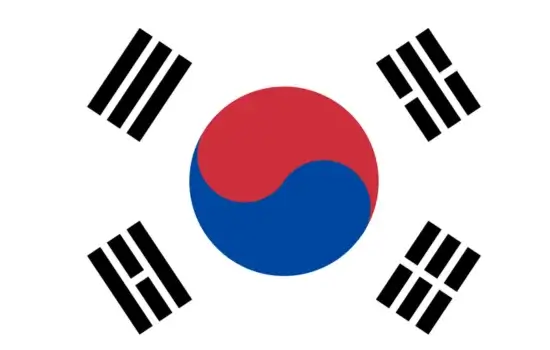In a dramatic turn of events, South Korean President Yoon Suk Yeol declared martial law on December 3, 2024, citing threats from “pro-North Korean anti-state forces.” The decree, which would have granted the military control over civilian functions, was swiftly met with unanimous rejection from the National Assembly and widespread public protests, leading to its revocation within hours.
Understanding Martial Law
Martial law involves the temporary substitution of military authority for civilian governance, typically enacted during emergencies such as war, rebellion, or natural disasters. Under martial law, military officials assume control over law enforcement, and civil liberties may be suspended, including restrictions on public gatherings, censorship of the media, and the imposition of curfews.
Justification and Immediate Backlash
President Yoon justified the imposition of martial law by alleging the presence of “anti-state activities” and escalating threats from North Korea. However, the declaration faced immediate and intense opposition. The National Assembly convened promptly, despite military presence, and voted unanimously to nullify the martial law decree. Simultaneously, thousands of citizens took to the streets, demanding the president’s resignation and condemning the abrupt move as reminiscent of past authoritarian regimes.
Historical Context in South Korea

South Korea has a fraught history with martial law, notably during the 1980 Gwangju Uprising, where military intervention led to significant civilian casualties. The recent declaration by President Yoon marked the first such instance in over four decades, rekindling memories of past military rule and raising alarms about the state of democracy in the nation.
Political Repercussions
The swift revocation of martial law did little to quell the political fallout. Members of both the opposition and President Yoon’s conservative party criticized the decision, with some labeling it unconstitutional. The incident has intensified calls for President Yoon’s impeachment, with opposition leaders accusing him of undermining democratic institutions and overstepping his executive authority.
International Response
The international community reacted with concern to the developments in South Korea. Allies such as the United States expressed relief at the swift reversal but emphasized the importance of upholding democratic norms. Neighboring countries, including China and Russia, monitored the situation closely, wary of potential regional instability.
President Yoon’s Position
In a televised address following the revocation, President Yoon stated his intention to respect the National Assembly’s decision and reaffirmed his commitment to democratic principles. However, the episode has significantly weakened his political standing, with critics questioning his judgment and leadership capabilities.
Conclusion
The brief imposition and rapid rescission of martial law in South Korea have plunged the nation into political uncertainty, highlighting deep-seated divisions and sparking debates about the balance between security and civil liberties. As the country navigates this crisis, the resilience of its democratic institutions will be crucial in restoring public trust and ensuring stability.
Santosh Kumar is a Professional SEO and Blogger, With the help of this blog he is trying to share top 10 lists, facts, entertainment news from India and all around the world.
